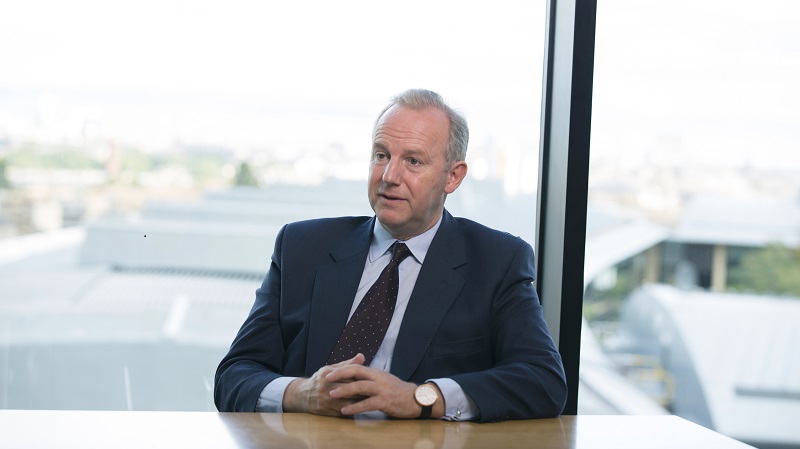The Monks Investment Trust underperformed its benchmark during the six months to the end of September, but managers Spencer Adair and Malcolm MacColl made a handful of additions and subtractions to the portfolio they believe position the trust to capture future growth.
Over the period, the investment trust produced net asset value (NAV) total return of 6.5% compared to an increase of 8.9% for the FTSE World index. The share price total return for the same period was -0.9%.
The shares ended the period trading at a discount of 4.3% to the company’s NAV.
However, the managers said in the results that six months was too short a period to judge its growth strategy. Since the current team of Adair and MacColl, took over management of Monks on 27 March 2015, the NAV total return has been 202%, the share price total return has been 229.7%, while the index has produced 126.3%.
The level of gearing at the period end stood at 1.7%, compared to 0.8% six months earlier.
The results are the first interims since former lead manager of the trust Charles Plowden (pictured) stepped down on 30 April 2021 after 38 years with the asset manager. Plowden was also a manager on the Baillie Gifford Global Alpha Growth and International funds.
See also: Charles Plowden – ‘We were in the right place at the right time’
Additions to the portfolio
During the six-month period the managers added three names to the ‘rapid growth’ section of the portfolio.
They highlighted Peloton, which makes home fitness equipment, praising the business’s “union of physical and digital excellence” through its combining of fitness hardware such as spin-bikes, with integrated software, which offers users live and on-demand classes led by world-class instructors.
They also added Carvana, the US online used car market platform, to the portfolio. “The company’s vertically integrated business model should allow it to positively shape the user experience and remove the friction typically associated with car buying. Its scale and brand are key for future growth and we are optimistic that Carvana is well placed to disrupt industry incumbents.”
A position in alternative milk provider Oatly was also initiated, a company the managers said should benefit from the move away from traditional dairy to healthier and more environmentally friendly alternatives.
Other growth companies added during the period include Japanese car parts supplier, Denso, and Certara which develops software that enables biotechnology companies to simulate how their drugs will react in different human organs. Another software company, Topicus, was added which owns a growing portfolio of software businesses.
Leaving the portfolio due to dimming growth prospects were Advantest, a semi-conductor testing business, Resmed, which provides medical equipment for sufferers of sleep apnoea, and US online credit card and mortgage platform LendingTree, which has been left behind by its peers of late.
‘An avalanche of change’
The managers said the pandemic has triggered “an avalanche of change” which will result in structural consequences that are not yet fully understand or appreciated.
“Innovation is speeding up and spreading across the economy. In this regard, we believe that we are closer to the beginning of this process than the end. The approach taken by the Monks Investment Trust seeks to embrace this change – accepting that growth in revenues, earnings and cash flows can be delivered in different ways.
“We believe many of the companies in the Monks portfolio will be beneficiaries of change and seek to guard against complacency by ensuring that our view remains differentiated. By focusing on these fundamentals and by being open-minded about the sources of growth opportunities, we believe we can continue to grow savers’ capital within The Monks Investment Trust.”










